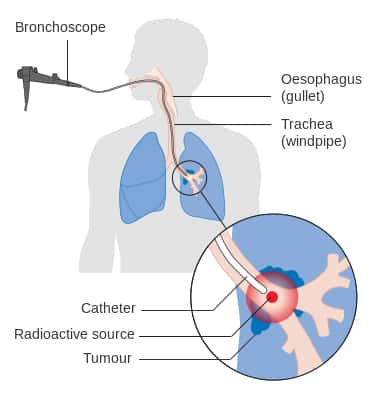Holistic Approach to Weight Loss Naturally – Natural Tips to Weight Loss

Holistic medicine approaches a person as a whole being, addressing the root causes of a problem rather than merely treating the symptoms. As a result, a holistic approach can help you achieve meaningful, long-term weight loss.
Why should one choose, Holistic Weight Loss approach?
While weight gain is not itself a “disease,” overeating and obesity can contribute to a number of serious health problems, including type II diabetes, stroke, various kinds of cancer, and heart disease.
A holistic weight-loss program helps you work with the underlying causes of a weight problem on both sides of that equation. Why do you eat more than you should? How can you eat in a healthier way? Why do you not exercise enough? How can you improve your exercise regimen? What factors physical, psychological, social are contributing to your diet and exercise decisions?
What methods to choose in the Holistic approach to weight loss?
There are a number of methods by which you can apply weight loss remedies in your whole program.
-
Meditation for Loosing the Weight

image credit to Pinterest
Meditation is a helpful holistic technique across the board. It helps practitioners to acquire a greater mindfulness of their feelings and thoughts, becoming cognizant of emotions they never noticed before which helps you to weight loss naturally. Meditation can be:
- It can help binge eaters become aware of how they use food to deal with problematic emotions.
- It can also help them notice when they are actually hungry and when they are full.
- Both of these work together to address the underlying causes of overeating.
-
Weight Loss Psychotherapy

image credit to Pinterest
This therapeutic discipline helps problem eaters modify their behavior. Less concerned with finding underlying causes for behavior, cognitive-behavior therapy (CBT) is about learning how to alter one’s behavior to achieve a specific goal such as weight loss. When a person seeks the help of a cognitive-behavior therapist, he or she will learn to replace long-established patterns with productive behaviors. A therapist might explore problematic thought patterns beliefs such as “If I am upset, I deserve to eat,” for example that drive you to binge. CBT can also help reframe an obsession with body image, allowing you to do holistic weight loss because it’s healthy, and not because you dislike your appearance. Such techniques can prove powerful in weight loss.
-
Self-Accountability is Important

image credit to Pinterest
Keeping a journal and engaging in other self-monitoring techniques help make you more aware of what you are eating, when you are eating and why. Sometimes merely seeing a list of everything you consume throughout the course of a day can help you to avoid trips to the kitchen.
More fundamentally, reflecting on the emotions, drives, and outcomes associated with your diet and exercise can help shed light on an otherwise visceral, and often unmanageable, struggle. There is a rich and mutually reinforcing relationship between self-monitoring and other techniques, such as CBT, meditation, and positive messages.
-
Visualization for Weight Loss

image credit to Pinterest
No one loses weight just by sitting around and thinking about it, but visualization can make it easier to keep your eye on the prize. Time spent visualizing what you will look like and how you will feel with less weight can help remind you why you are doing this in the first place. It can also help you imagine the behavior and lifestyle choices necessary for successful weight loss.
-
Exercise for Weight Loss

image credit to Pinterest
Physical activity in conjunction with a sound diet is a core component of holistic weight loss. Exercise does more than just burn calories: It changes your chemistry, releases powerful neurotransmitters, strengthens and revitalizes muscles, increases energy and contributes to happiness, tranquility and a sense of well-being. Any attempt at weight loss would be incomplete without it. In developing your workout regimen, find a routine that addresses your unique needs, that challenges you appropriately, and most importantly that you truly enjoy. Finding the joy in taking care of yourself is a cornerstone of holistic medicine and the key to a long-lasting exercise ritual.
-
Connecting and purifying yourself
Finally, in the spirit of the holistic tradition, choose the techniques, principles, and approaches you need to achieve your unique objectives. No two people are alike, and no one method is a panacea.
When you visualize, visualize the behaviors and results that resonate uniquely with you.
When you exercise, choose effective routines that you yourself enjoy. If you decide to incorporate psychotherapy into your weight loss program, be fully present in the process and place yourself squarely at the center of your treatment. And when you engage in these activities, find the connections among them.
Meditate after you work out, reflect on your day after therapy, and engage in positive messages as you go about your routine. Across the board, embrace yourself as the owner and the subject of your weight loss routine, and make sound decisions accordingly. That will make all the difference in a successful holistic weight loss strategy.













